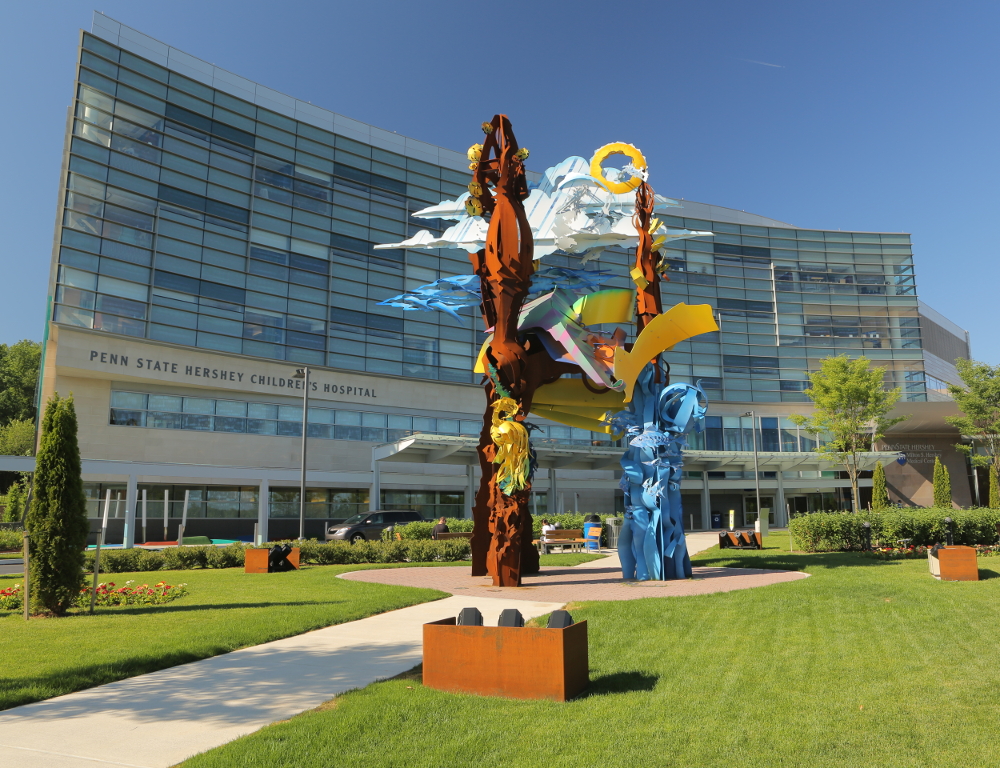Children's Hospital earns three-star rating for congenital heart surgery

Penn State Health Children’s Hospital has once again earned a three-star rating for congenital heart surgery – the highest available – from the Society of Thoracic Surgeons (STS). The latest analysis of national data covers a four-year period, from July 2012 to June 2016, and includes most of the congenital heart surgery programs in the U.S. The Children's Hospital is one of 11 in the nation to receive a three-star rating.
The comprehensive report is based on data about outcomes and mortality across the full spectrum of congenital heart operations. It accounts for differences in patient characteristics and the complexity of cases in order to facilitate a fair comparison of the centers. The latest report includes a simplified, global rating system that can be used to compare the quality of congenital heart surgery at children's hospitals across the country. Programs with risk-adjusted mortality rates that are significantly lower than expected receive a three-star rating from STS.
The Society of Thoracic Surgeons is an international not-for-profit organization representing cardiothoracic surgeons, researchers and other health care professionals who are part of the cardiothoracic surgery team. It was founded in 1964.
The STS data is the latest reflecting the high-quality outcomes in pediatric cardiothoracic surgery at the Children's Hospital. A Pennsylvania Health Care Cost Containment Council report on pediatric and congenital heart surgery showed that the care provided at the Children's Hospital was on par with the top institutions in the country. The report, based on data from 2009 to 2012, showed outcomes at the Children's Hospital to be significantly better than the national average for newborns undergoing heart surgery.
Penn State Children's Heart Group provides a range of high-level services to pediatric patients from across Pennsylvania. Specialists perform complex surgery on newborns and older children – as well as adults with congenital heart defects – and treat more typical conditions such as heart murmurs, fainting and chest pain.
If you're having trouble accessing this content, or would like it in another format, please email Penn State Health Marketing & Communications.
